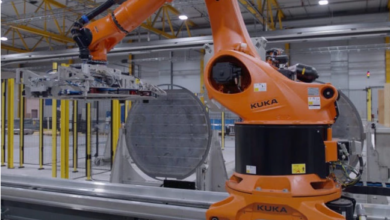pHYnix selects Duro Felguera for its renewable hydrogen production plant

pHYnix, an independent producer of renewable hydrogen, has selected DF Green Tech, a renewable energy division of Duro Felguera, to carry out the turnkey contract (EPC) for the construction of the Vitale production plant, located in Alcázar de San Juan.
The contract includes detailed engineering, civil works, supply and installation of main equipment including the electrolyser (Cummins) and compressors (Howden), and commissioning of the plant.
Duro Felguera Green Tech will immediately begin detailed engineering based on the basic engineering developed by Tresca Ingeniería, in order to have the facility operational in the first quarter of 2024. The scope of the investment made by pHYnix in the Vitale project is greater than 23 million euros.
Jaime Argüelles, has highlighted the key position and from an early moment of Duro Felguera in the field of sustainable hydrogen -in which the company is a pioneer in the commitment to relevant projects- as well as in ecological transition projects. “We made our approach to the green hydrogen sector from our strengths as a specialist in conventional energy, with 26,000 MW installed in the world; also from the added value to the client that we provide thanks to the synergy between our different lines of business and the optimization of our engineering solutions”, he pointed out.
“We are very satisfied with this project, which is already the second renewable hydrogen EPC that we have developed and that we will carry out in the way that has always distinguished Duro Felguera: differential solutions, experience and knowledge of our specialists, deadlines and quality”, has added.
Vitale will be one of the first renewable hydrogen production plants in Europe and the first in Spain with 10MW of electrolytic power. It will produce 1,450 tons of renewable hydrogen per year from 2024.
Together with its second production project, Barataria, of 70MW electrolytic, pHYnix will produce 11,700 tons of hydrogen per year from 2025, thus contributing to the decarbonization of the most critical sectors: industry and transport.
